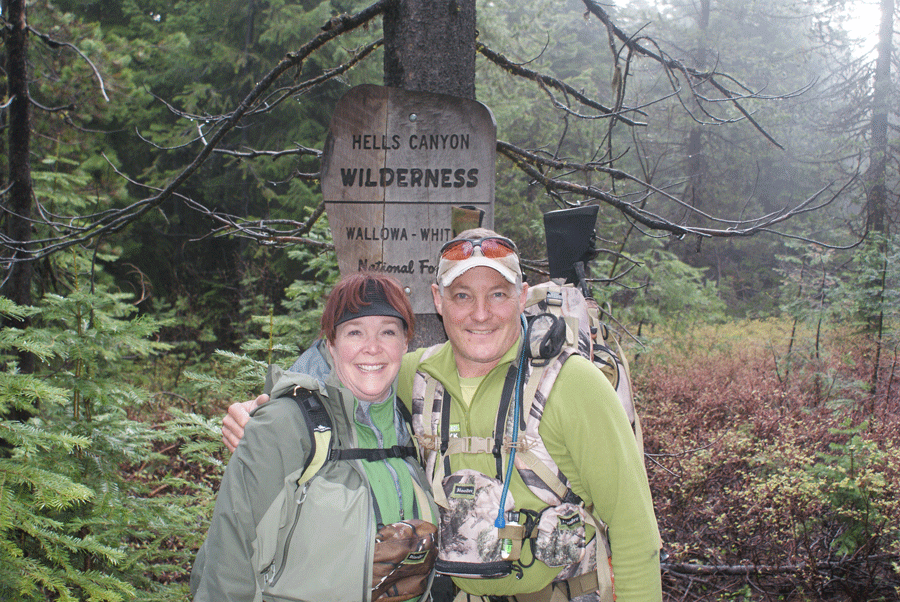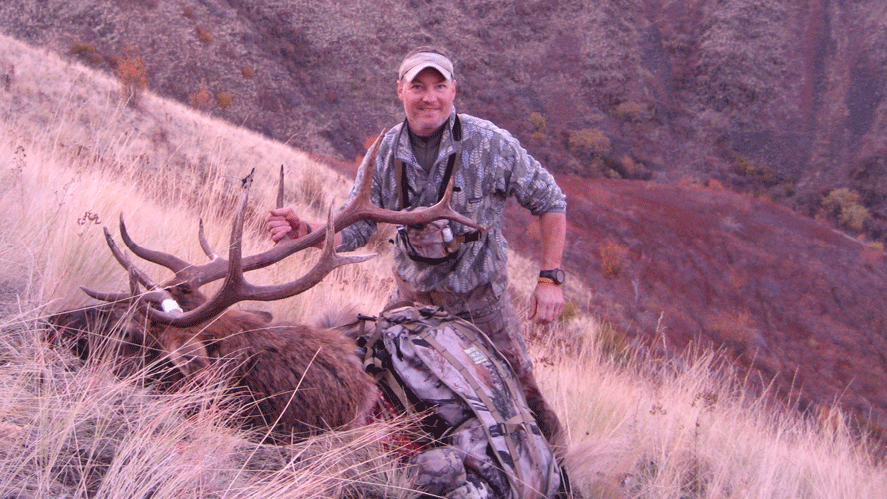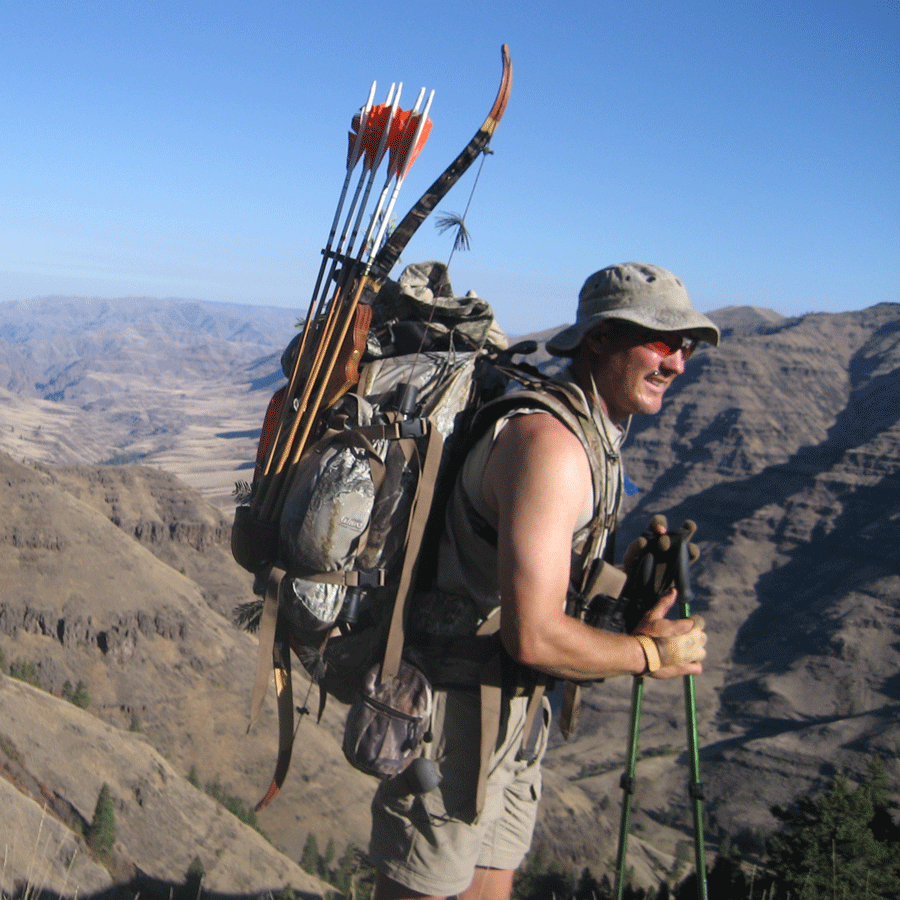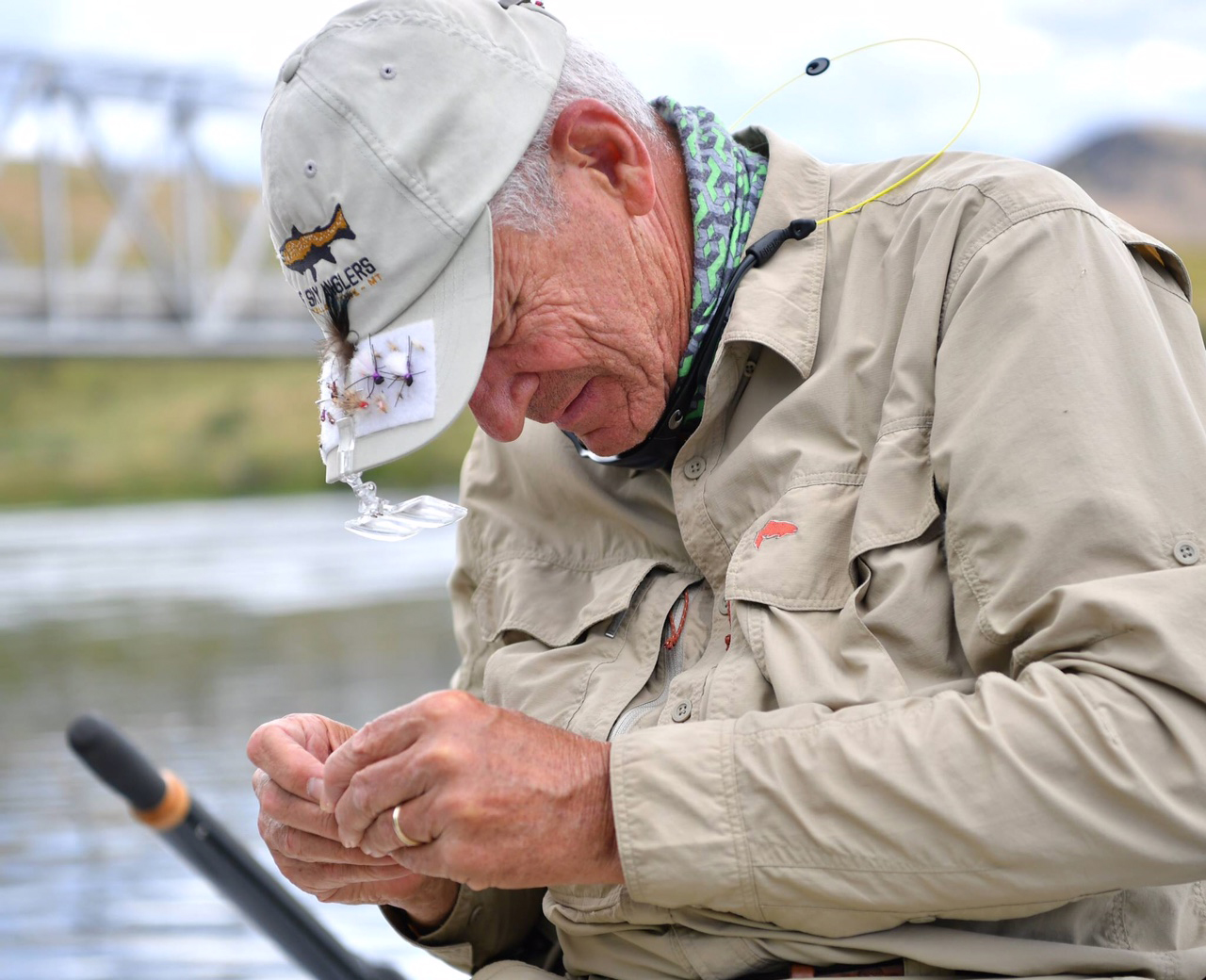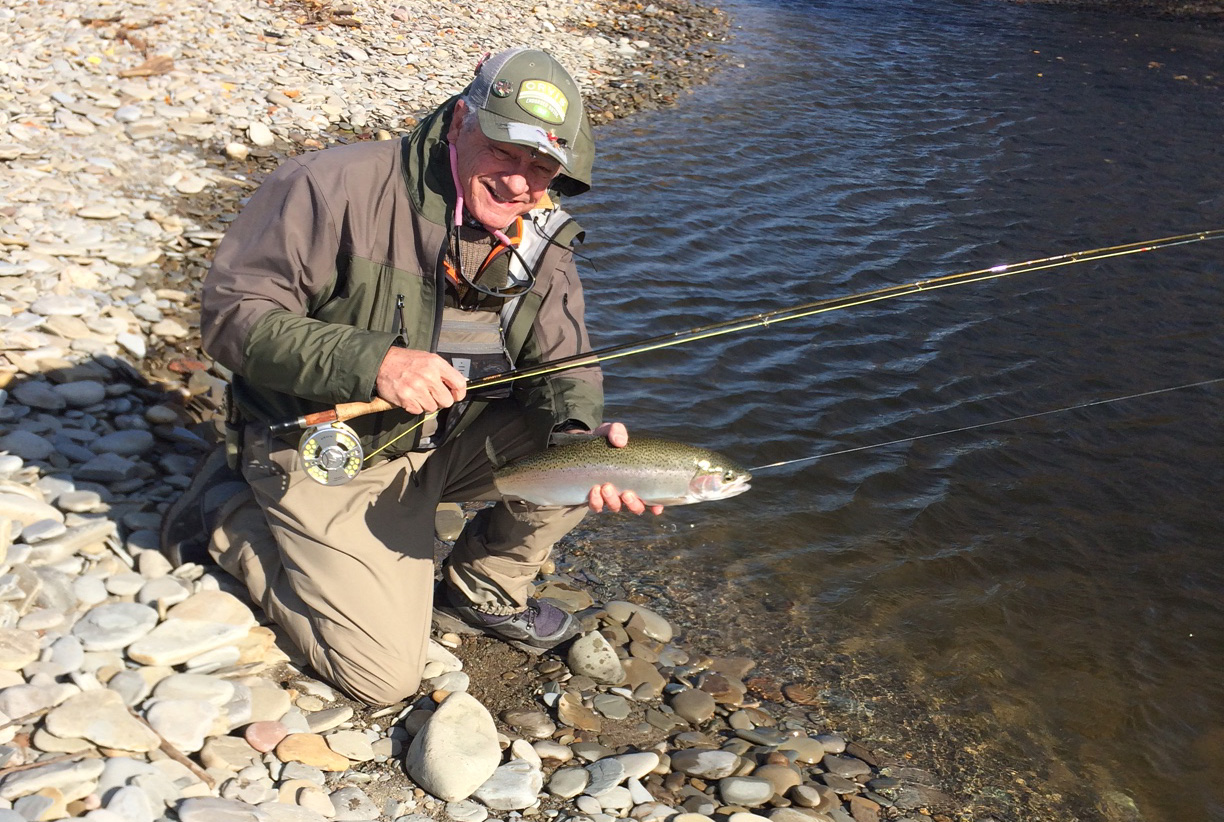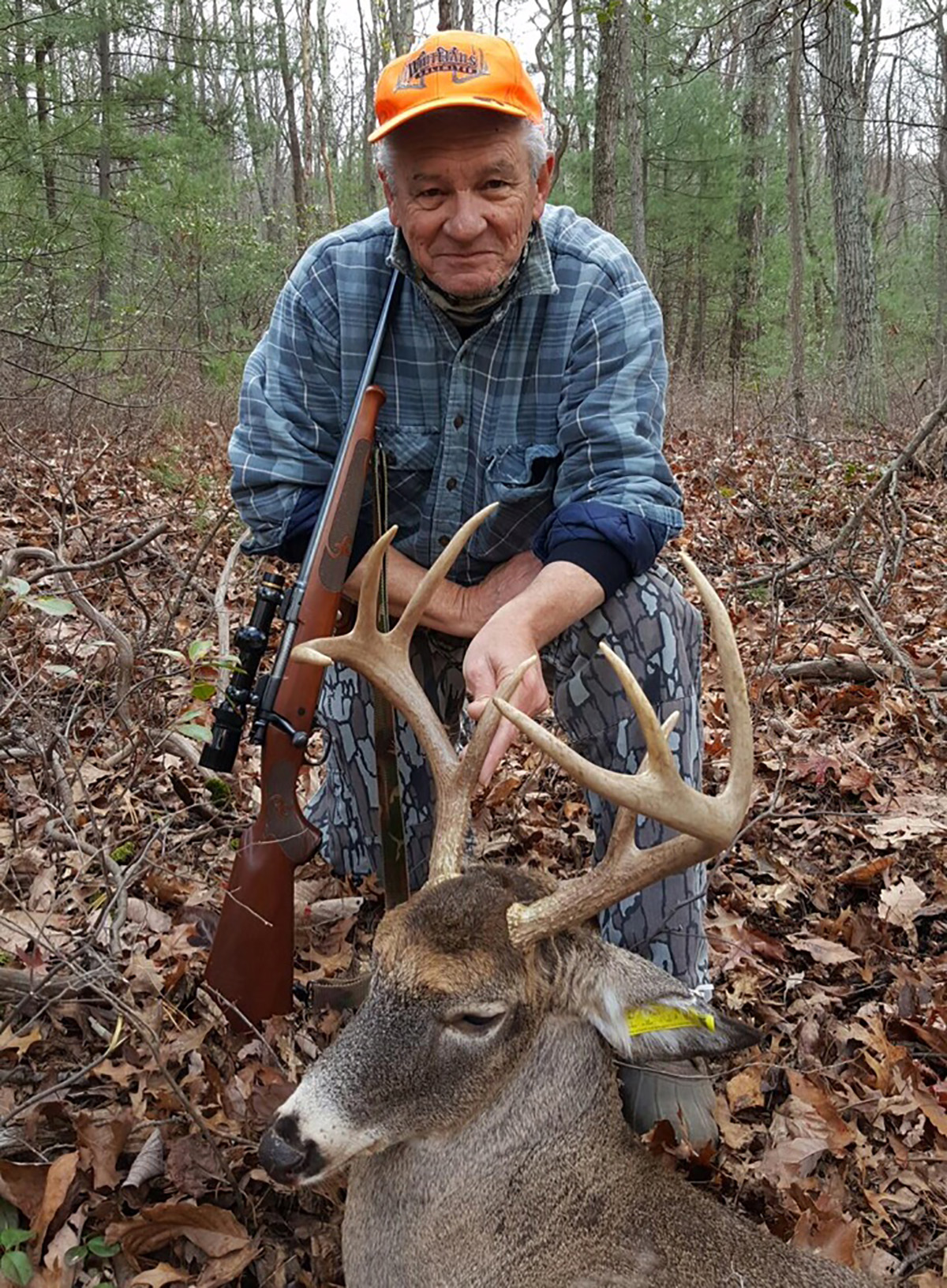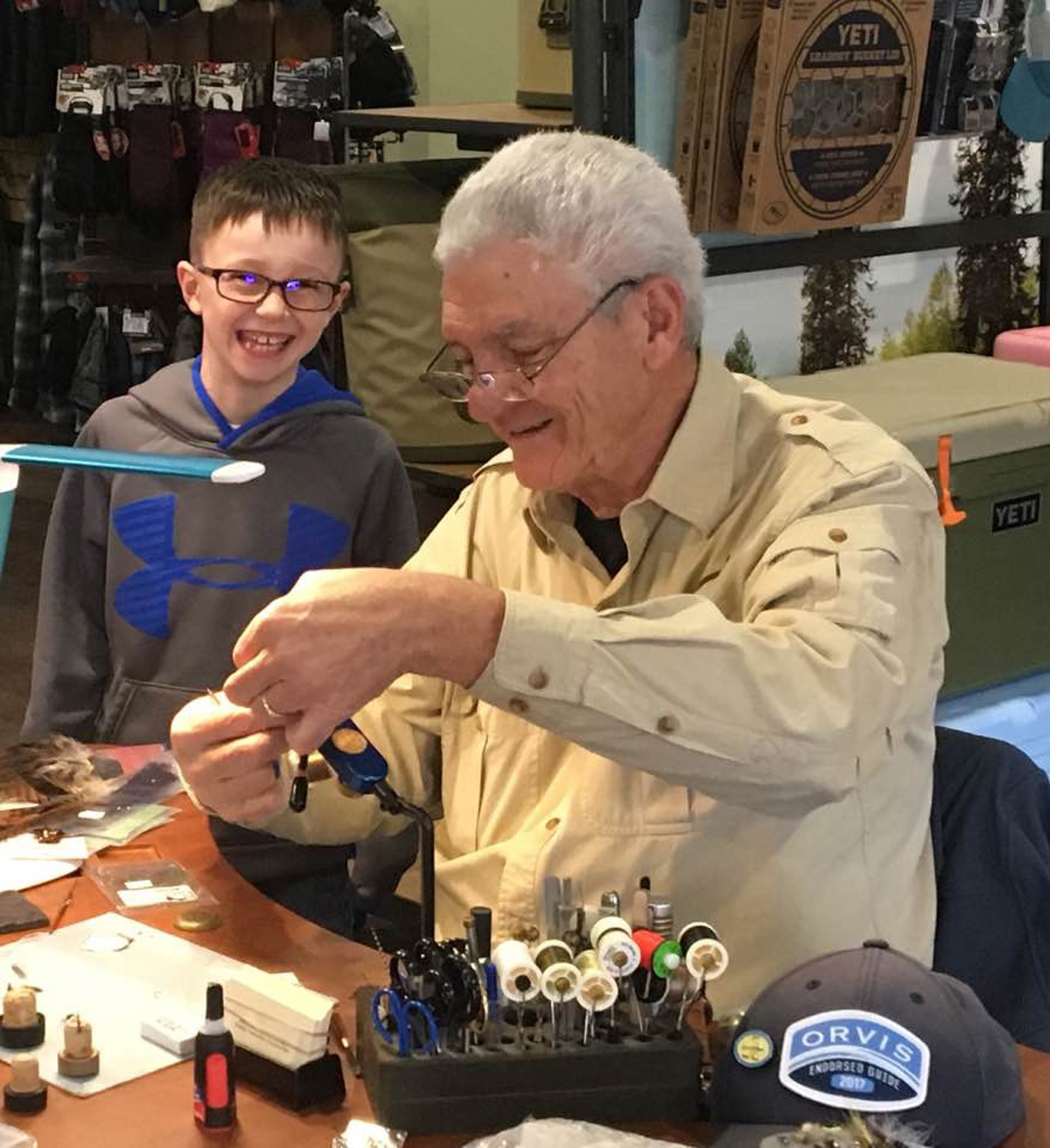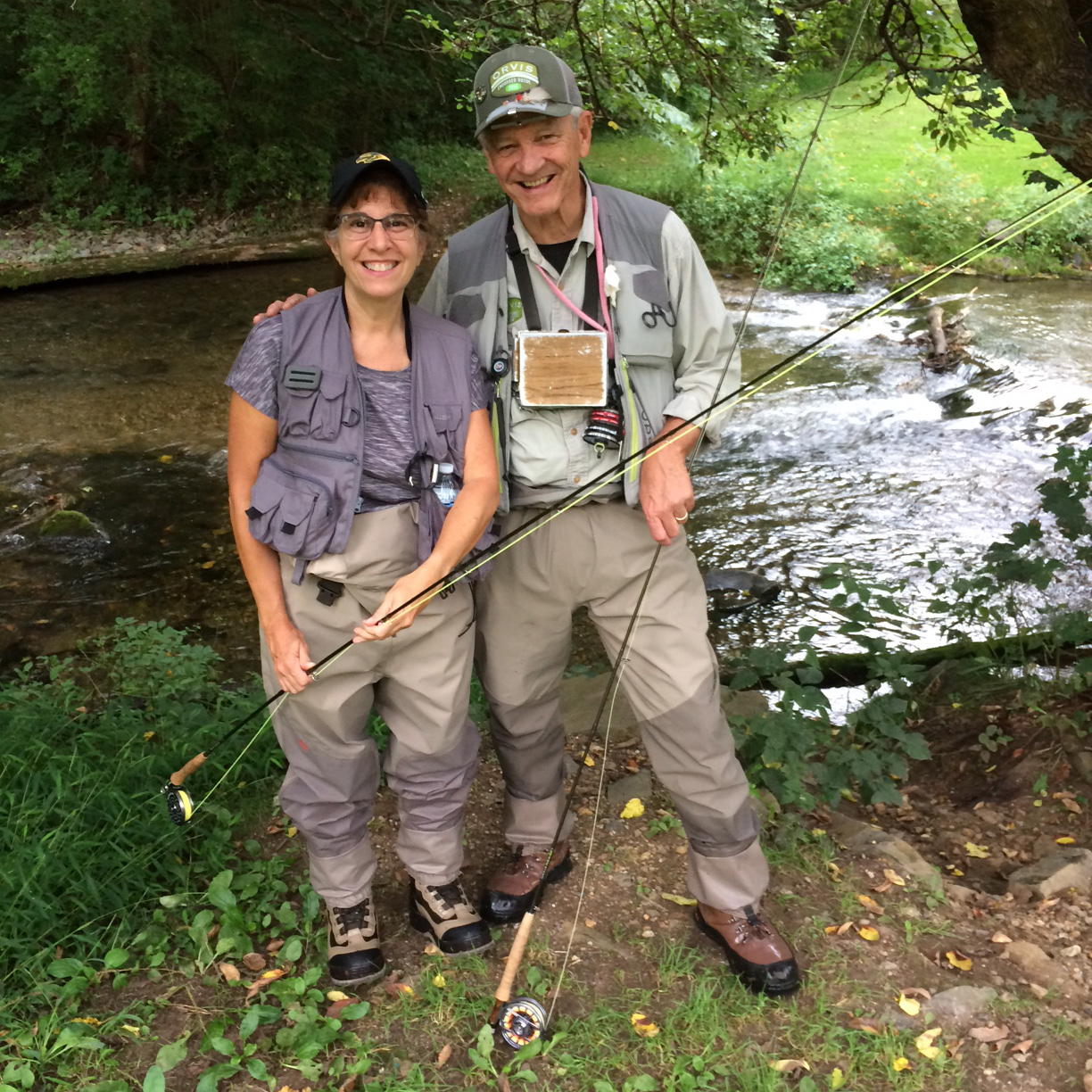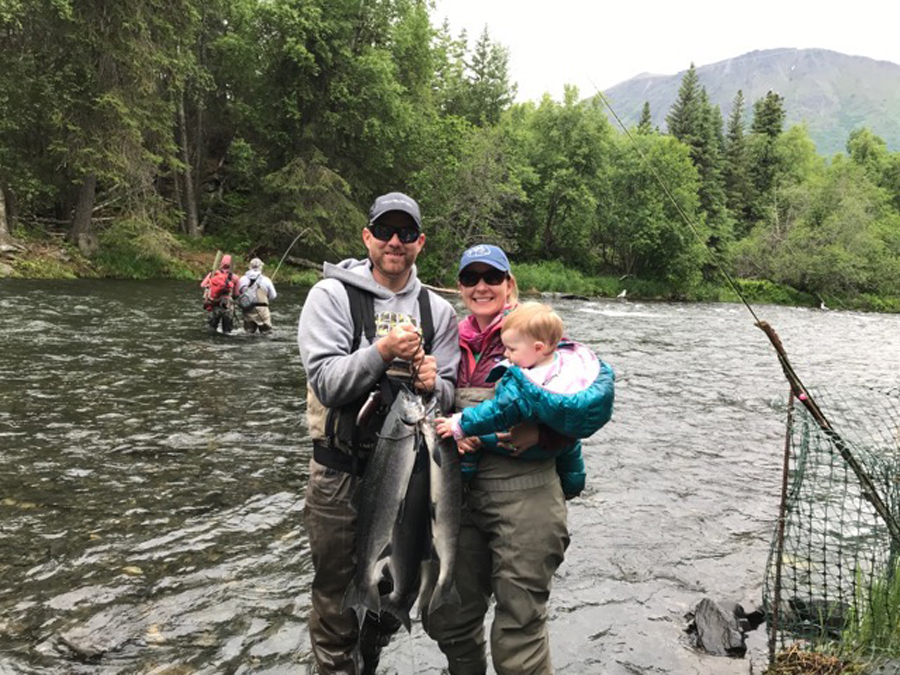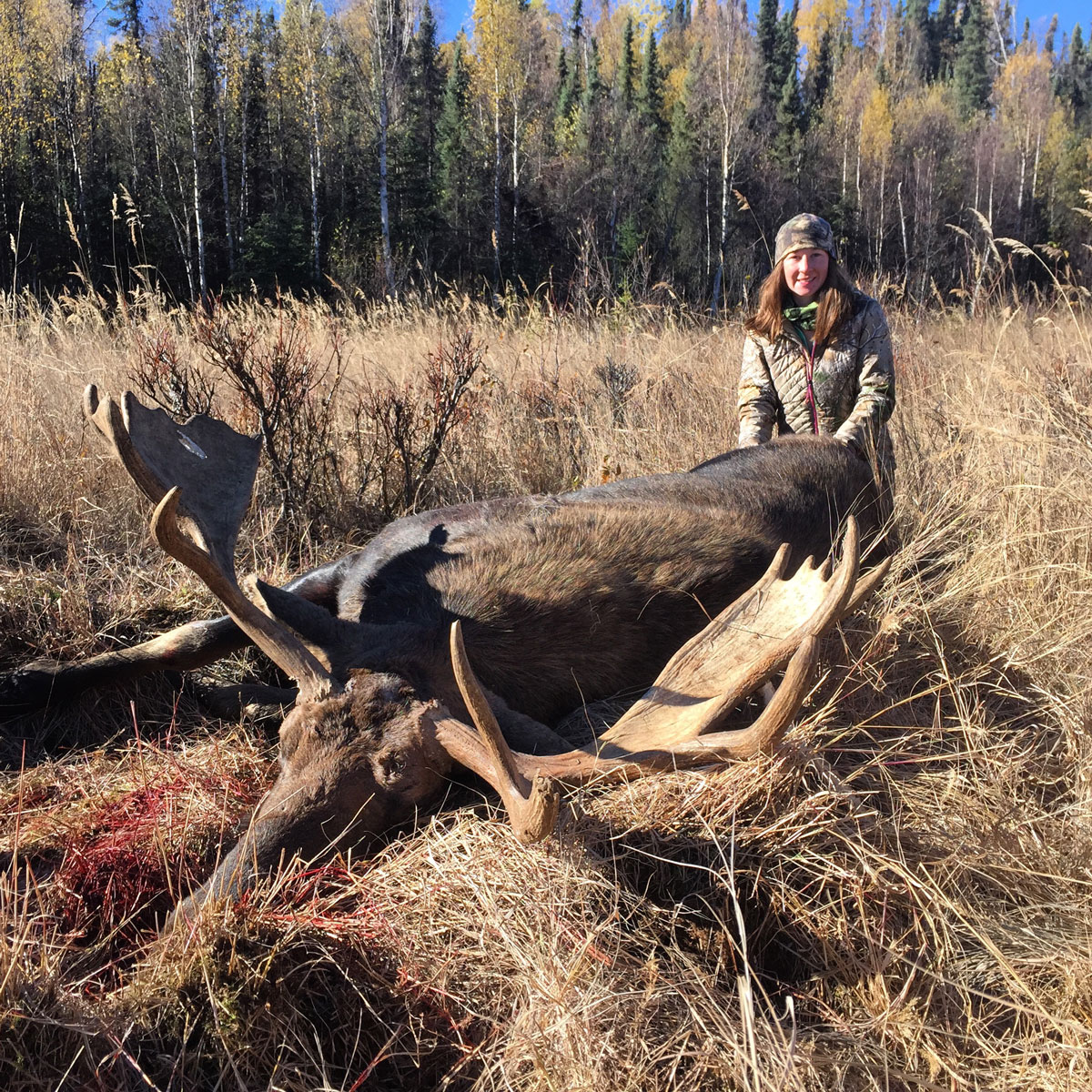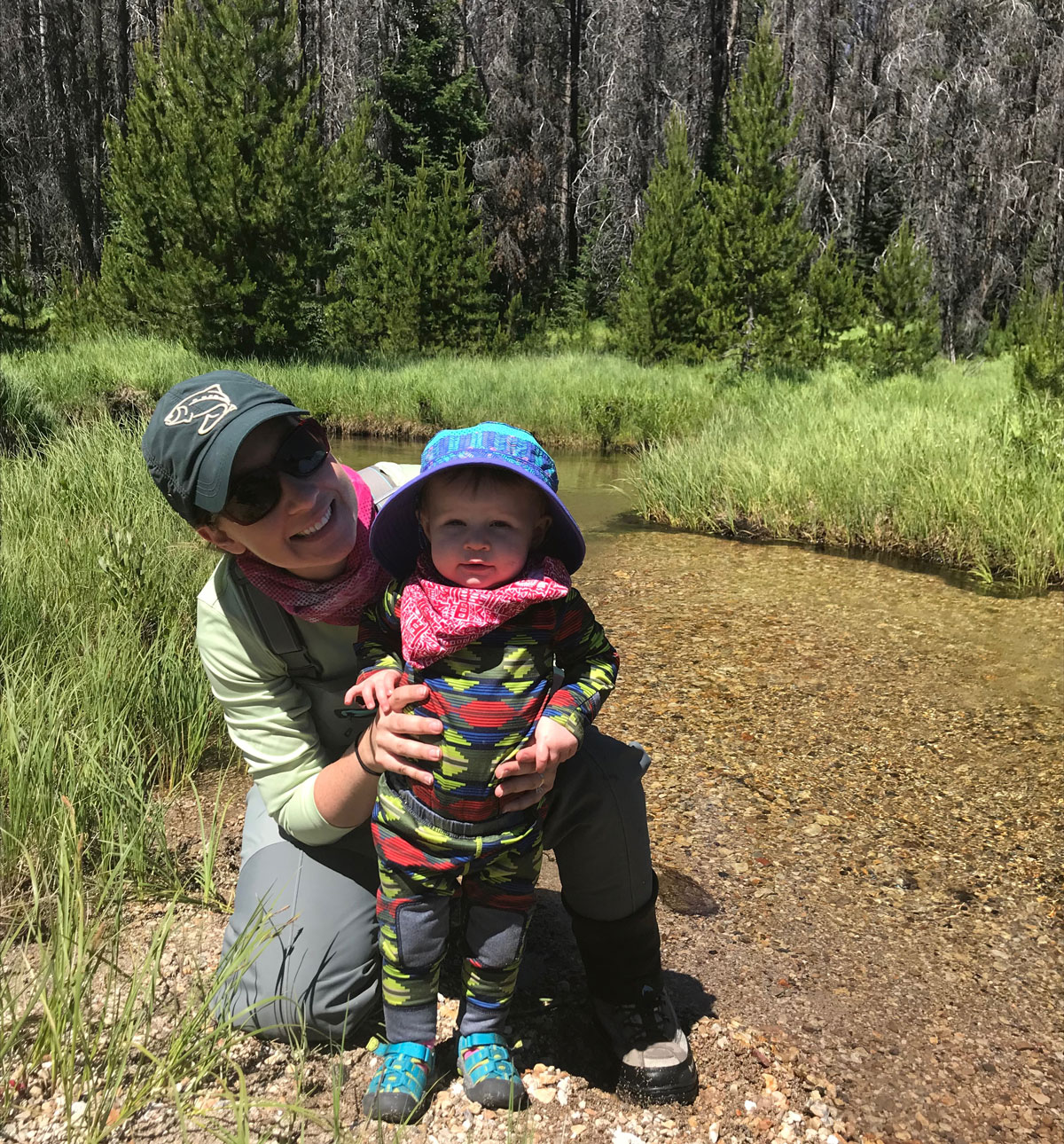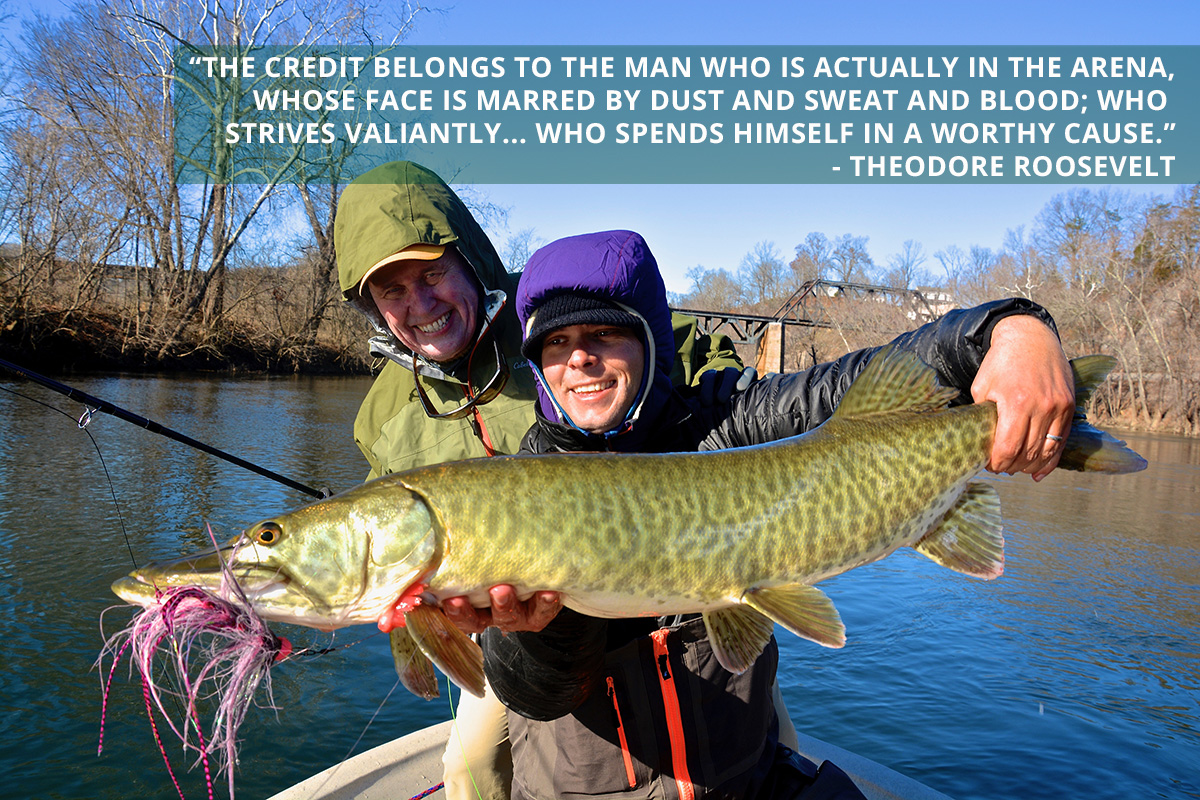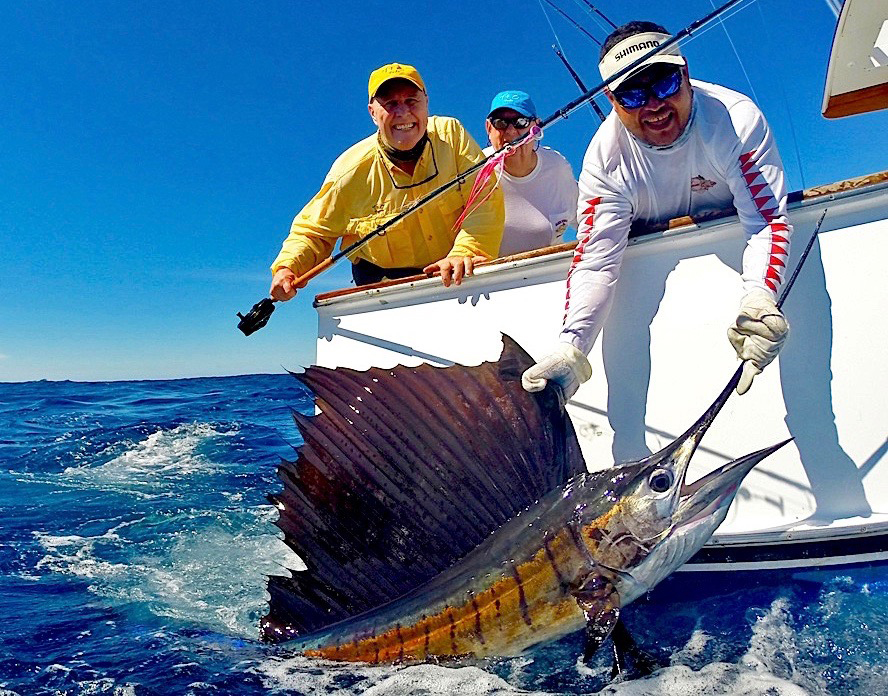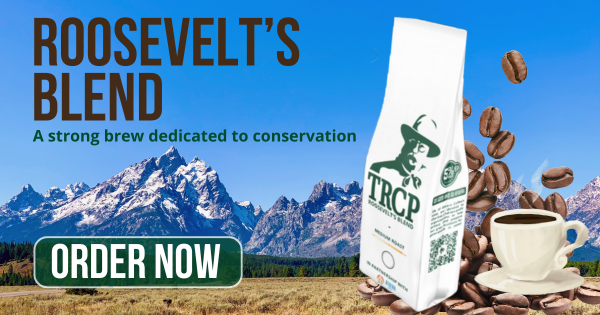TRCP’s “In the Arena” series highlights the individual voices of hunters and anglers who, as Theodore Roosevelt so famously said, strive valiantly in the worthy cause of conservation
Tyler Ross
Hometown: Leicester, North Carolina
Occupation: Soil and water conservation district director
Conservation credentials: Helps landowners use Farm Bill conservation programs to improve soil health, water quality, and wildlife habitat
When you’ve idolized legends like Davy Crockett and Daniel Boone since childhood, chasing adventure through our public lands might be enough of a goal. Tyler Ross takes dedication to the outdoors one step further. His day job helps bring Farm Bill conservation programs off the pages of the Federal Register and onto the working lands of his home state so that fish and wildlife resources are just as legendary for the next generation.
Here is his story.
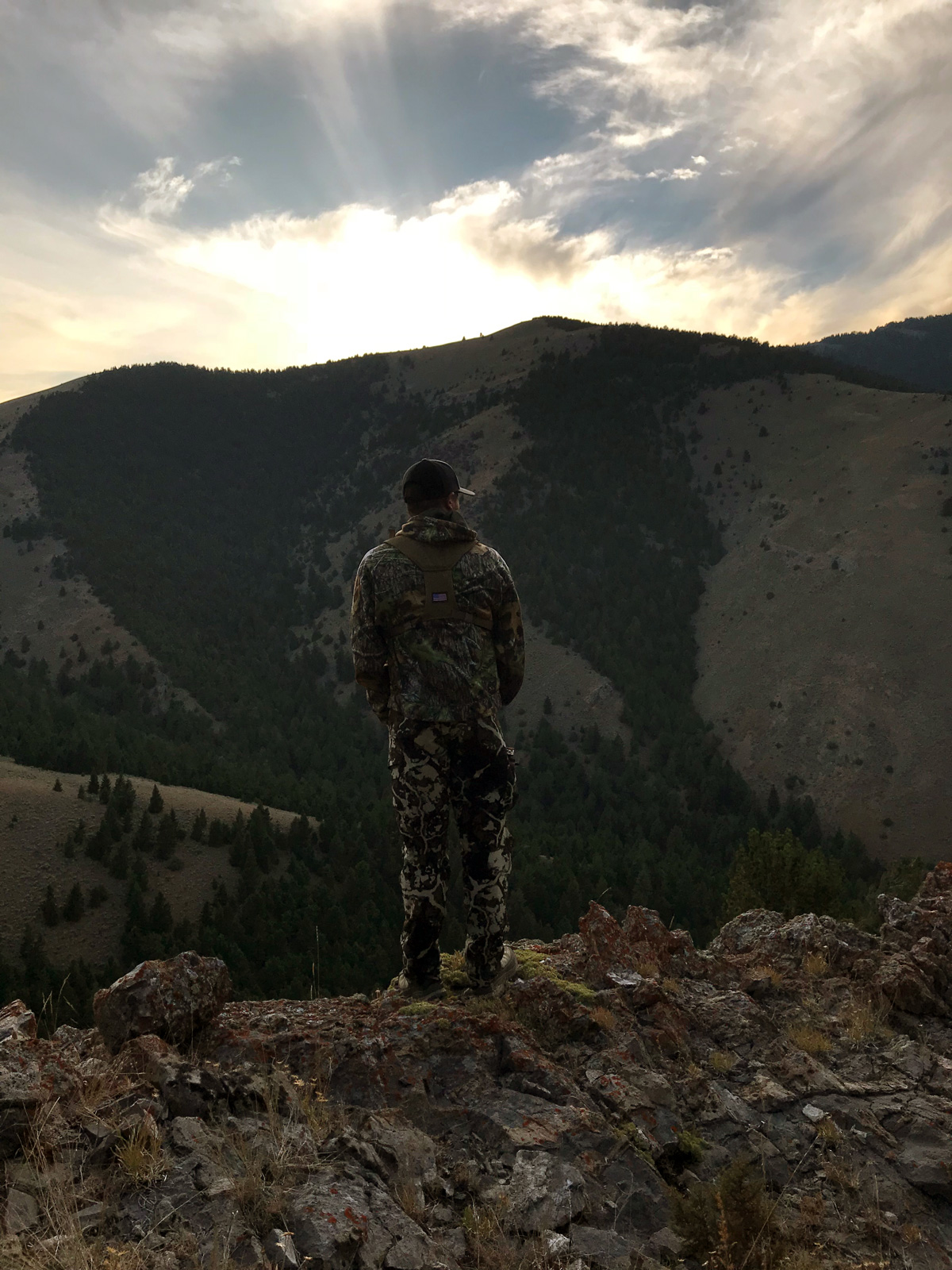
I did a lot of reading when I was younger, and all my heroes from books either hunted, fished, or farmed. I wanted to be with Davy Crockett on a bear hunt or walking next to Daniel Boone as he stalked a deer in Kentucky. So, naturally, I started getting outside and chasing whatever I could.
These days, that’s still my idea of a good time. Even though I know it isn’t possible, I would love to bowhunt red stag in Scotland or Ireland—even better if it was with a recurve. I bet it would feel like I was part of Robin Hood’s Merry Men in Sherwood Forest, chasing that beast in its native habitat.
This past year, I went with my four best friends on our very first DIY elk hunt out West. I called in two different bulls for my buddies, and one ended in a successful harvest. That time with them, in that area, enjoying our Creator’s bounty, is something that I know will be unmatched for the rest of my life.
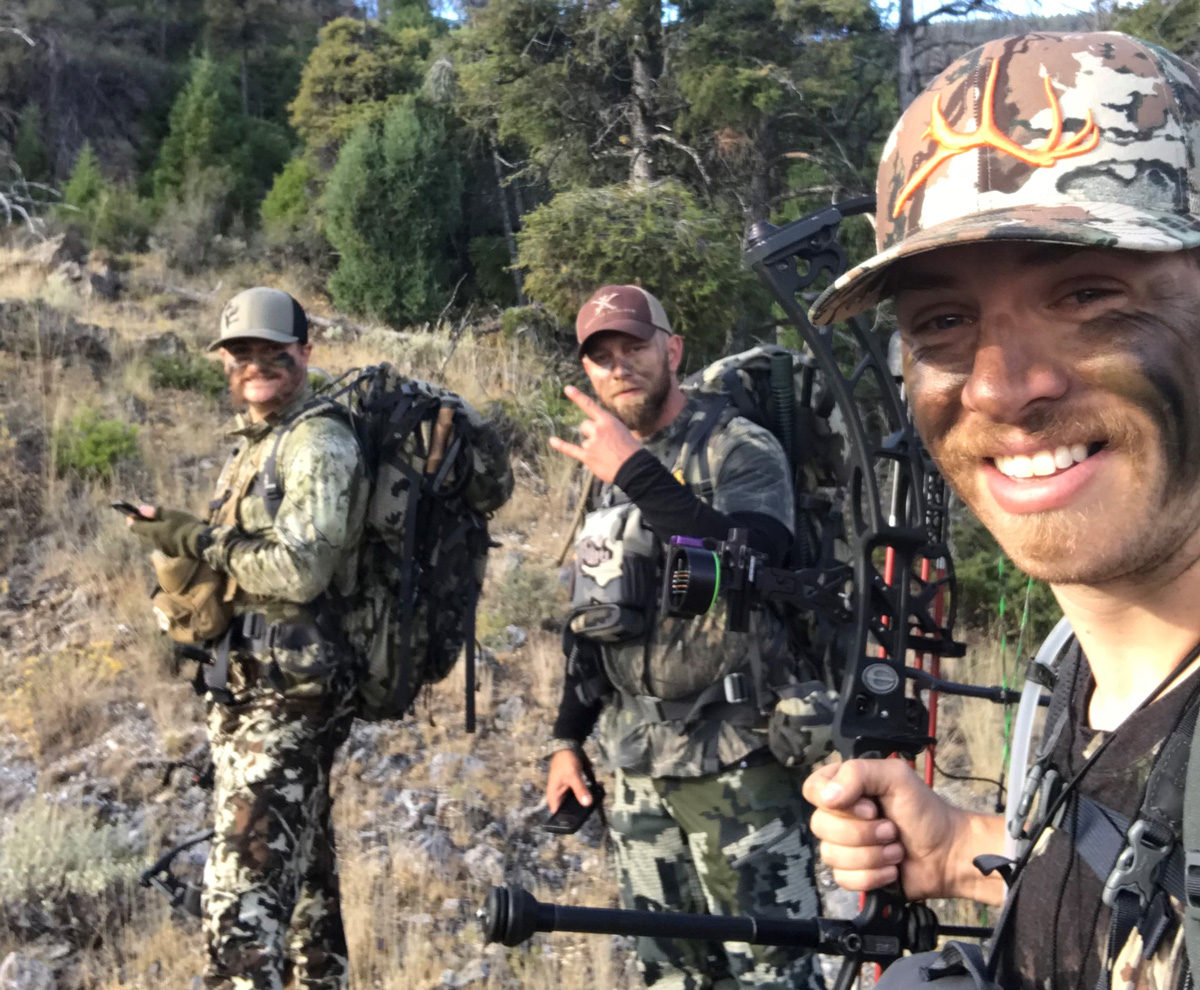
In my area, Farm Bill conservation programs benefit sportsmen and women in many ways. On the public land side, the recent expansion and utilization of Good Neighbor Authority helps keep public lands in public hands and gives land managers the tools to conserve these places for those who come after us.
On the private lands side, the Environmental Quality Incentives Program is really helpful for increasing wildlife habitat and pollinators. We don’t have many Conservation Reserve Program acres in North Carolina, so EQIP and the Conservation Stewardship Program provide many of the habitat benefits here.
We had some big wins in the latest Farm Bill, particularly with EQIP. Lawmakers increased the portion of the program that must be used for practices that benefit wildlife from 5 percent of funds to 10 percent. That’s huge!
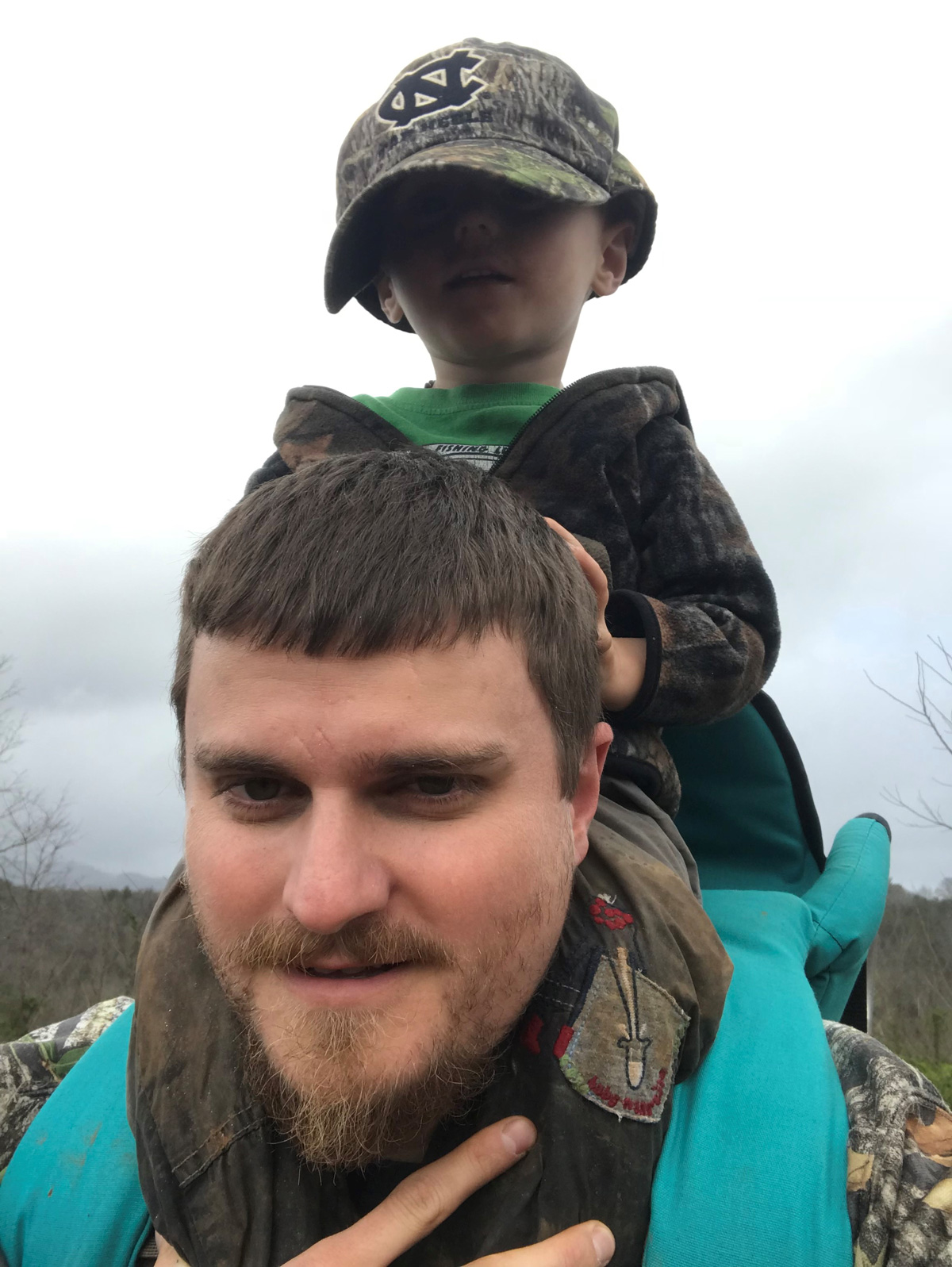
It was also awesome to see soil health practices embraced in multiple programs. And the expansion and re-authorization of the Collaborative Forest Landscape Restoration Program on U.S. Forest Service lands is something that I hope continues in future farm bills.
During implementation of the 2018 Farm Bill, I would love to see an emphasis on Working Lands for Wildlife, the USDA’s effort to improve agricultural and forest productivity while enhancing wildlife habitat on working landscapes.
It would also be great if the Forest Service and NRCS would work alongside state agencies to focus on species cited in the state’s Wildlife Action Plan. I think this would be a great place for multiple stakeholders to come in and work together to put strategic conservation on the ground.
Do you know someone “In the Arena” who should be featured here? Email info@trcp.org for a questionnaire.

